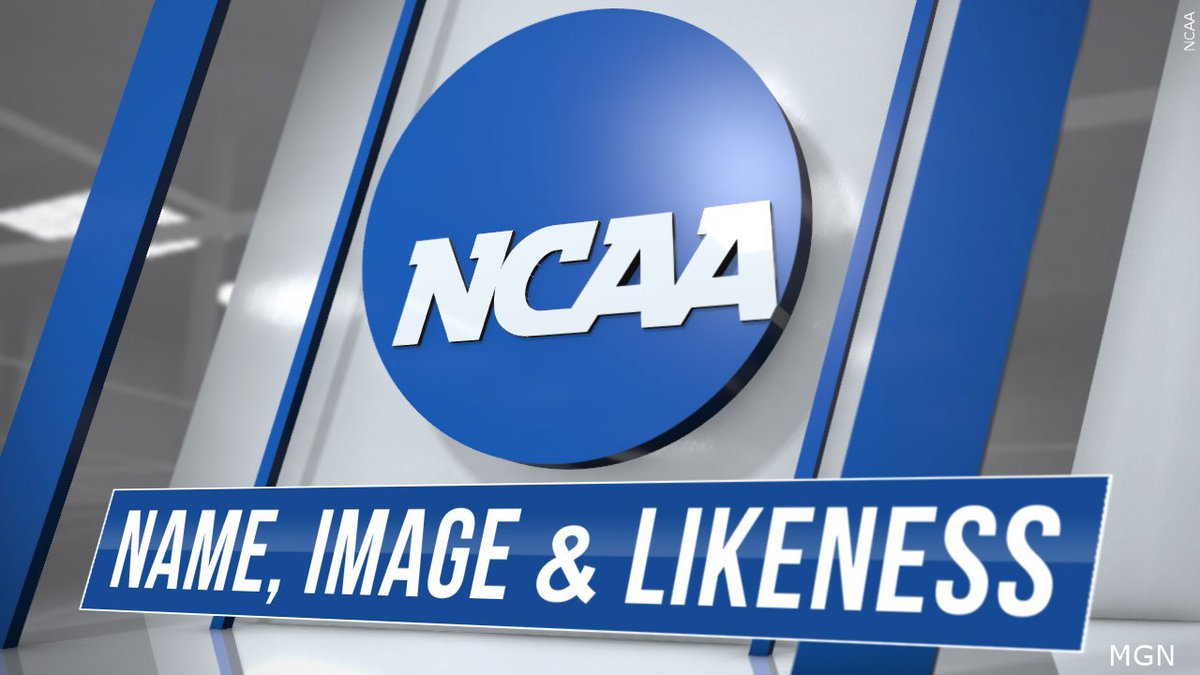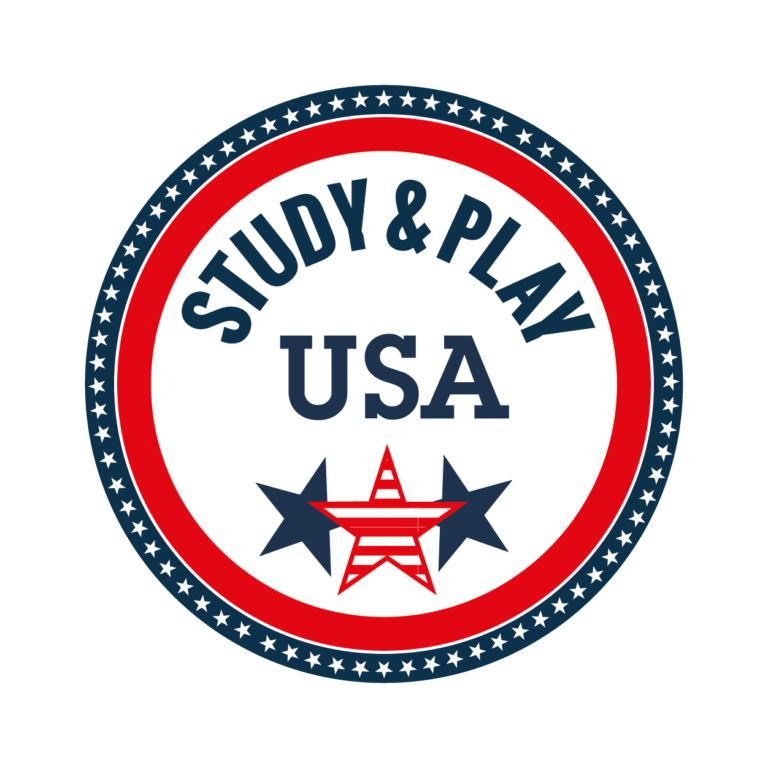
10 Oct Name, Image, Likeness (NIL): What is it and Who Does it Apply To?
Adopted in 2021, NIL has become the latest NCAA policy that is changing the game for college student-athletes. Not to be confused with the acronym NLI – the contract signed between a student-athlete and their college – NIL refers to a new policy that enables student-athletes to profit financially from their name, image and likeness. In other words, college student-athletes are now allowed to obtain sponsorships, sign endorsement deals, be paid for social media posts, and sign with agents.
The debate over whether student-athletes should be compensated for their involvement in college sports is long-standing. For many years, colleges themselves have profited from their student-athletes, including by selling jerseys bearing their name, promoting their efforts and performance, and using their images. However, countless lawsuits led by student-athletes, most notably NCAA v. Alston in 2019, have finally spurred a shift in NCAA regulations, empowering student-athletes to make money without jeopardizing their amateur status.
Who Does NIL Apply To?
In short, NIL applies to all college student-athletes. For star players on top-ranked teams, this could mean accepting sponsorships or endorsement deals worth millions. Some of the most promising college athletes who have reached the highest amateur level in their sports have signed NIL deals with major companies such as Nike, Adidas, Gatorade, Callaway, Mercedes Benz, Degree, GT Sports Marketing, Chipotle, Beats by Dre, Dr. Pepper and CashApp. However, you don’t need to be a star NCAA Division 1 quarterback, pitcher or point guard to secure NIL benefits. For all college athletes, regardless of level and division of competition, this could simply mean leveraging social media to build and monetize their brand, or signing endorsement deals with local businesses in their community. All one simply needs is a sense of creativity, entrepreneurship, and brand awareness.
There are also cases in which colleges are playing a direct role in securing NIL opportunities for their athletes. Companies are signing agreements with college athletic departments, offering monetary payment to all players/athletes on a given team in exchange for them serving as brand ambassadors. Other colleges have procured partnerships with sports marketing agencies to aid their student-athletes in obtaining NIL deals.
The bad news, however, is that US government student visa restrictions currently prohibit international students from taking advantage of NIL opportunities on US soil. Per visa requirements, international students are only allowed to be paid for employment on campus, or alternatively off-campus if a job relates directly to their degree of study. However, there have been numerous petitions filed and continuous engagement with US Congress to alter immigration legislation so that international students are afforded equal NIL opportunities to their American counterparts. After all, international students account for more than 20,000 student-athletes competing in the US college system.
Some international student-athletes, including Australians, have still been able to receive NIL benefits. They have managed to navigate the strict immigration requirements by traveling back to their home countries (often during summer break) to sign their deals and receive monetary payments. However, it is strongly recommended to seek advice from your college’s athletics compliance office and potentially an immigration lawyer before participating in NIL activities as an international student. While it remains unchartered territory and there are still a lot of grey areas, it is realistic to think that in coming years, international students will be in a position to profit from NIL within the US as well. NIL policy has ushered in one of the most significant changes to the college sports landscape and it will continue to provide countless opportunities for student-athletes moving forward into the future. Watch this space!

